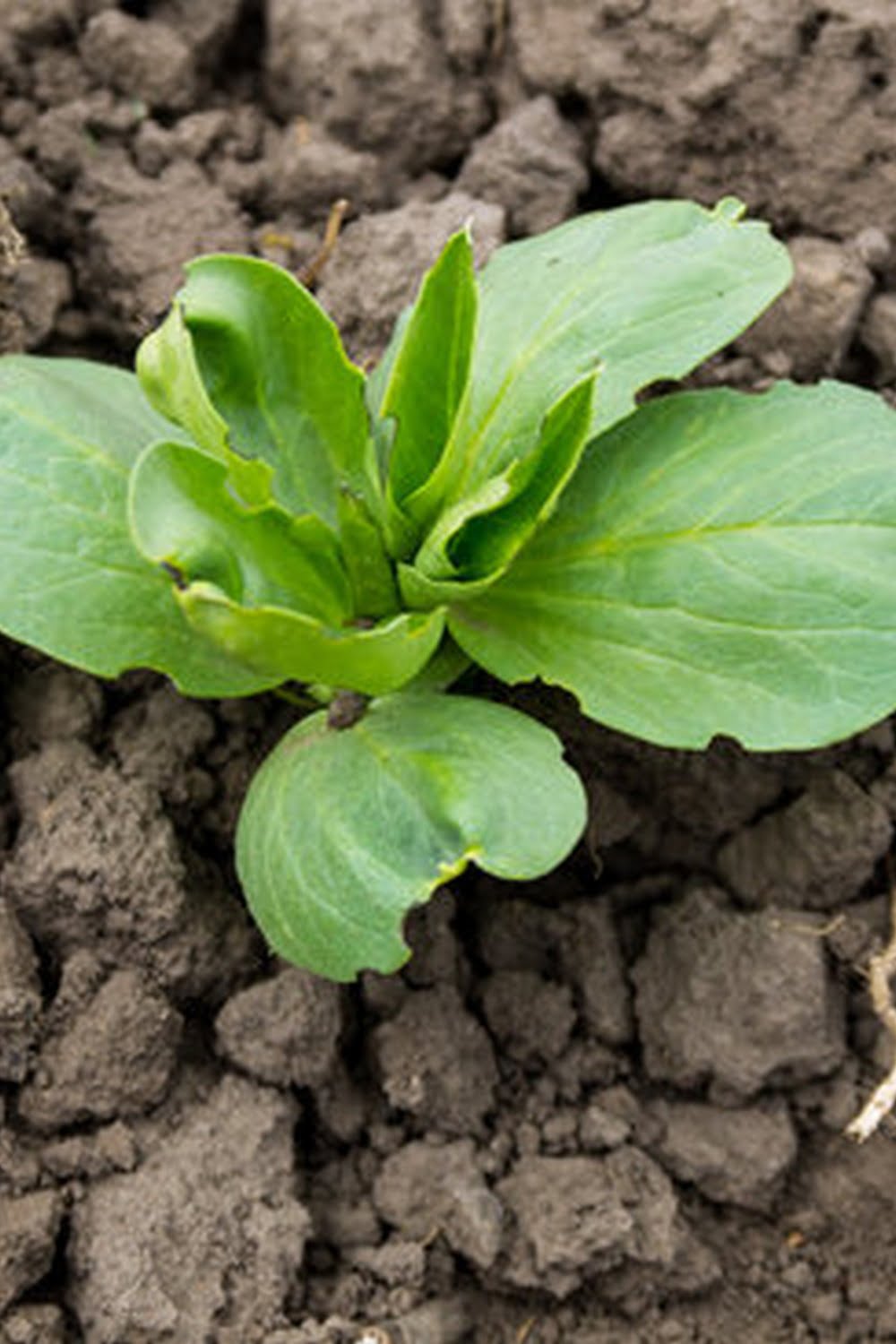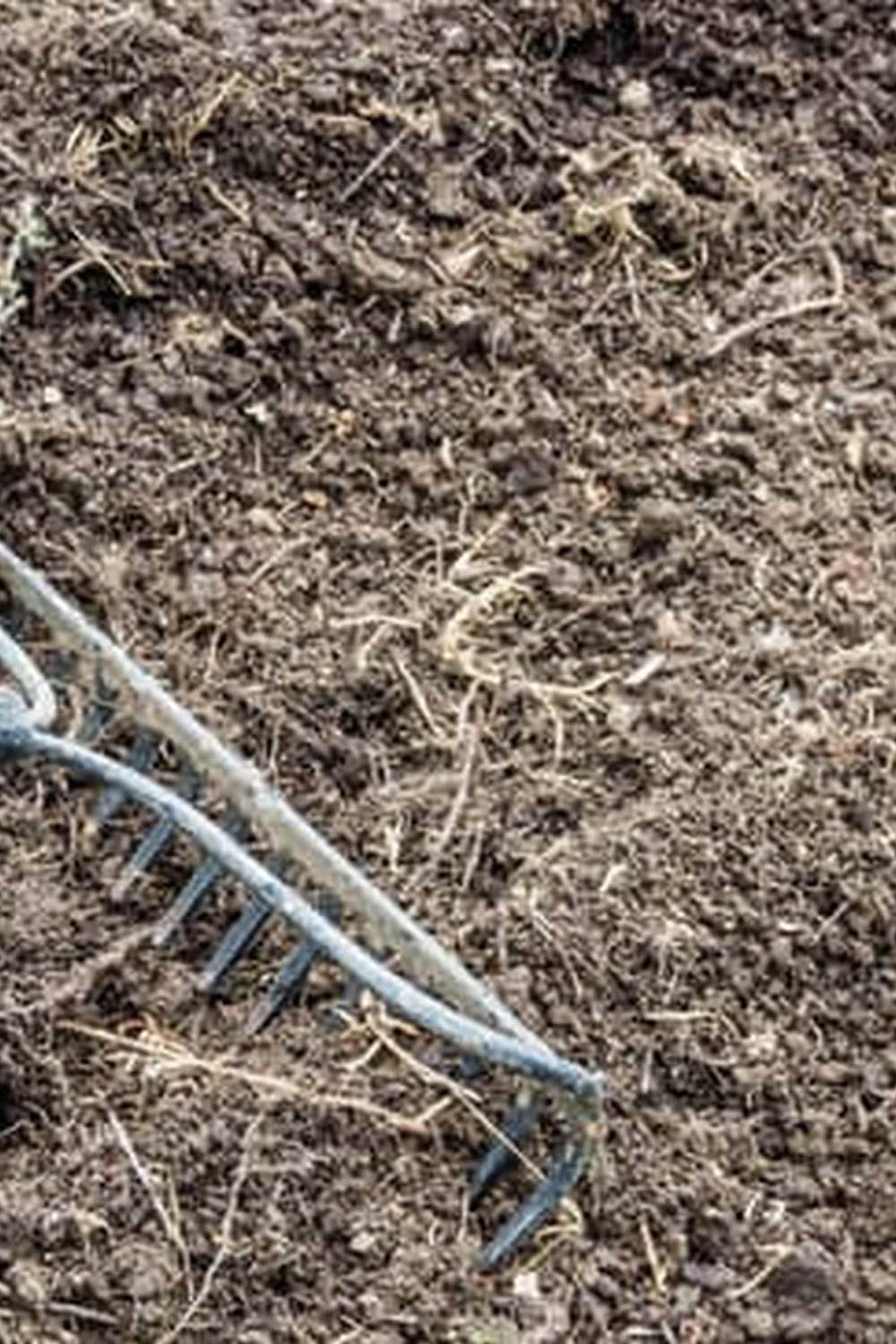Best Mix Garden Soil For Vegetables
It is important to have the best mix garden soil for vegetables to ensure healthy plants and bountiful yields. The best mix for garden soil will have a good balance of organic matter, nutrients, and soil structure.
Organic matter is important for soil health and fertility. It helps to retain moisture and nutrients, and provides a habitat for beneficial microorganisms. The best way to add organic matter to soil is by using compost. Compost is made up of decomposed organic matter, such as leaves, grass clippings, and kitchen scraps. It is a great way to recycle organic waste and it is free!
Another important ingredient for healthy soil is nutrients. Vegetables need a variety of nutrients to grow well, including nitrogen, phosphorus, potassium, and calcium. These nutrients can be added to soil in several ways, including by using organic fertilizers, such as compost, or inorganic fertilizers, such as ammonium sulfate.
Soil structure is also important for healthy plants. Soil structure refers to the way soil particles are arranged. Soil with good structure has small, evenly-sized particles that are held together by organic matter and water. Soil with poor structure has large, clumped particles that are held together by clay. Soil with poor structure is difficult for plants to grow in and it can also be difficult for water and nutrients to move through.
The best mix for garden soil will have a good balance of organic matter, nutrients, and soil structure. To create this mix, start by adding compost to your soil. Then, add inorganic or organic fertilizers as needed. Finally, test your soil’s structure and adjust your mix as needed. With the right mix, your vegetables will be healthy and productive!
What Type Of Soil To Use For A Vegetable Garden
The best soil to use for a vegetable garden is a type that is high in organic matter. This means that the soil is made up of materials that have decomposed over a period of time, such as leaves, straw, and manure. Soil that is high in organic matter is beneficial for plants because it helps to retain moisture and nutrients. It also helps to improve the soil structure, which makes it easier for plants to grow their roots.
If your soil is low in organic matter, you can improve it by adding organic materials to it. You can do this by amending your soil with compost, leaves, or straw. You can also add manure to your soil. Be sure to use organic manure, such as cow manure, chicken manure, or rabbit manure. Never use manure that has been treated with chemical fertilizers, as this can harm your plants.
If you are not able to improve your soil, you can also grow your vegetables in containers. Containers can be made of plastic, metal, or ceramic. They can also be made of natural materials, such as wood, wicker, or bamboo. The important thing is to use a container that is large enough for your plants to grow their roots.
No matter what type of soil you use, it is important to water your plants regularly. Vegetables need at least 1 inch of water per week, either from rainfall or from irrigation.
How To Prepare The Soil For A Vegetable Garden
The best way to start a vegetable garden is to prepare the soil properly. The soil should be rich in organic matter and have the correct pH level.
To prepare the soil, you will need to add organic matter such as compost, peat moss, or manure. The organic matter will help to improve the structure of the soil and will add nutrients to the soil.
If the soil is too acidic, you can add lime to the soil to raise the pH level. If the soil is too alkaline, you can add sulfur to the soil to lower the pH level.
Once the soil is prepared, you can start planting your vegetables.
Mushroom Soil For Vegetable Garden
A vegetable garden needs good soil to grow in. The best kind of soil for a vegetable garden is called “mushroom soil.” Mushroom soil is made up of organic matter, such as leaves, straw, and manure, as well as crushed limestone. This type of soil is high in nutrients that vegetables need to grow, such as nitrogen, phosphorus, and potassium.
Mushroom soil is also very fertile, meaning that it can produce a lot of vegetation. In fact, a soil test showed that the organic matter in mushroom soil breaks down and releases nutrients at a rate that is two to four times faster than the organic matter in other soils. This is why it is so important to add organic matter to your garden soil each year.
If you don’t have any mushroom soil, you can create your own by mixing one part organic matter with two parts soil. Be sure to add a good source of nitrogen, such as manure or compost, to help your vegetables grow.
Garden Vegetables That Like Acidic Soil
Some garden vegetables prefer acidic soil while others prefer alkaline soil. If your soil is too acidic or too alkaline, you can amend the soil to make it more suitable for your vegetables. However, you should first test your soil to find out its pH level.
Vegetables that like acidic soil include tomatoes, peppers, eggplants, blueberries, raspberries, and strawberries. These vegetables prefer a soil pH of 6.0 or lower.
Vegetables that like alkaline soil include broccoli, cabbage, cauliflower, carrots, and onions. These vegetables prefer a soil pH of 7.0 or higher.
If your soil is too acidic, you can add lime to the soil to make it more alkaline. If your soil is too alkaline, you can add sulfur to the soil to make it more acidic.

If you’re looking to get into vegetable gardening, or are just looking for some tips on how to make your current garden better, then you’ve come to the right place! My name is Ethel and I have been gardening for years. In this blog, I’m going to share with you some of my best tips on how to create a successful vegetable garden.





